UPDATE | September 6, 2023
As a former international student who has taken the Examination for Japanese University Admission for International Students (EJU), this series secretly tells you the "tricks" that were very useful for the exam, which you can understand only by taking the exam! This time, I will talk about preparations for the period just before the exam and the day before the exam.
table of contents
The time when the actual performance is close, such as within a month until the exam, is called the last semester. During this time, you may experience increased anxiety and stress. I will tell you how to get through such a difficult time wisely and prepare for the actual exam!
[PR]
Tomorrow is finally approaching EJU! I just want to avoid panicking on the day of the exam. What should I do about it? I will tell you the tips of experienced people!
1) Know the test venue
As with other exams, it is very important to know the venue for EJU. Due to the large number of people of various nationalities taking the exam, the road to the venue and surrounding facilities (stations, convenience stores, etc.) will be very crowded. In such a crowd, it is very difficult to find the way to the venue or the location of the facility you want to use.
Therefore, if you know the venue and how to get to it in advance, you can arrive earlier than students who do not know it, avoid congestion, and secure what you want to buy at nearby shops before they are sold out. can do.
In particular, it will be very helpful to know the following:
① How to get to the venue, train/bus transfers and fees
(2) Structure of the examination venue
I. Where to take the exam
II.Location of the test administration office
III.place to eat
IV.toilet location
③ How to eat on the day
I. Convenience stores and restaurants in the surrounding area (Be careful as they may sell out quickly.)
II.In the morning, I buy food/make a lunch box and head to the exam venue (I need to be careful not to be late.)
④ How to deal with troubles such as forgotten items
In particular, it often takes time to find the location of the bus stop, so it is recommended that you leave home well in advance if you plan to board the bus.
2) Check your belongings
For students, the most frustrating thing on the day is "being late", but the next is probably "forgotten items". "I forgot my admission ticket, so I can't take the exam!" "I lost track of time because I didn't have a watch!"
The best thing you can do to avoid such situations is to pack your belongings the night before and put them in your bag. Having all your belongings in your bag will help you avoid panicking in the morning.
Items that are easy to forget include:
・Examination ticket
・Smartphone (required to find out how to get to the venue, such as GoogleMap)
・Writing utensils, watches
・Identification card (residence card or passport)
In order to feel at ease on the day of the exam, check your belongings and prepare the day before the EJU!
3) Go to bed early anyway
In the last semester, in order to memorize as much as possible, we review and solve past questions over and over again. As a result, you may end up going to bed later than usual, but this should never be done the day before the exam.
What you should never do on the day of the exam is "lateness" and "lack of sleep". If you are "late", you won't even be able to take the exam in the first place, and if you can't show your strength on the day due to "lack of sleep", all your efforts will be wasted.
In order to prevent these two tragedies from happening, let's calm down the feeling of wanting to study more the day before the exam and get a good night's sleep.
This time, based on my experience, I explained the measures to take before the EJU and the points to be aware of on the day before the exam. You may feel nervous as the exam approaches. However, as the saying goes, "If you're prepared, you won't have to worry."
Next time, based on my experience taking the exam, I plan to explain what to watch out for during the actual EJU exam and what to do after the exam. Stay tuned for the next article!

Born in Seongnam, South Korea. He came to Japan in 2019 and graduated from Nagoya University Faculty of Agriculture in 2023. He studied organic chemistry at university, and is currently involved in supporting international students in pursuing higher education and employment, something he has been interested in for some time. I like Japanese culture, history, transportation, and town planning, and traveled to all 47 prefectures when I was a student. Hokkaido is my favorite prefecture.
[PR]
[PR]